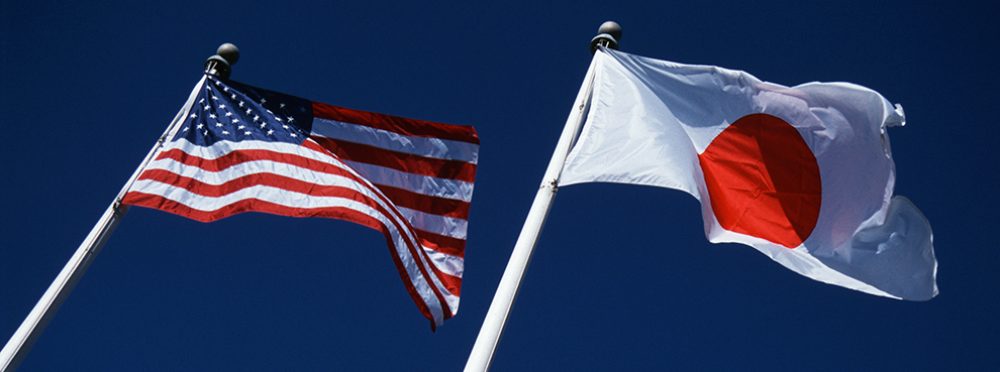.
A Homogeneous Japan?
.
A heterogeneous country is one that is very diverse ethnically and culturally, like the United States. A homogeneous country is not diverse and its population has similar roots, language, customs, etc. Japan is often described as a homogeneous country.
.
Watch the following short video clips by Harvard University professors Theodore Bestor and Helen Hardacre:
.
http://afe.easia.columbia.edu/at/contemp_japan/cjp_society_01.html
http://afe.easia.columbia.edu/at/contemp_japan/cjp_society_02.html
http://afe.easia.columbia.edu/at/contemp_japan/cjp_society_03.html
http://afe.easia.columbia.edu/at/contemp_japan/cjp_society_04.html
http://afe.easia.columbia.edu/at/contemp_japan/cjp_society_05.html
http://afe.easia.columbia.edu/at/contemp_japan/cjp_society_06.html
.
Prepare for the next class by considering the following DISCUSSION QUESTIONS:
How accurate do you think Bestor and Hardacre’s descriptions of Japanese society are?
Is Japan really a “homogeneous” society or is it more diverse than most people believe? How unique is it really?
What does Bestor mean when he says that the way societal institutions are combined is different in Japan as opposed to other countries?
Is Bestor accurate in his assertion that wealth disparities are not as great in Japan than in America, for example? What would account for this?
Does ethnic homogeneity make for a homogeneous society, or are there other factors at work?
To what extent do ethnic minorities like the Ainu and the Korean Japanese population — in Japanese sometimes called zai-nichi kankokujin – exert influence on Japanese culture?
Why is it that ethnic Koreans in Japan have a hard time assimilating into Japanese society? Are they, as Hardacre asserts, “shut out” or excluded from full participation in Japanese society?
How important are hierarchical relations in Japan with respect to how people interact with each other?
To what degree do concepts of “in-groups” and “out-groups” influence Japanese society?
How does the concept of “Ie” or family exert influence on people outside or across a boundary to people who are not part of that social group?
Why is the idea of consensus so important in Japan? Do you think this brings about the kind of harmony Bestor mentions? How well is conflict within groups managed in Japan as opposed to how it is managed in other countries like America?
PDF files of the above lectures can be downloaded here:
Asian Topics on Asia for Educators || Contemporary Japan_ Japanese Society (1)
Asian Topics on Asia for Educators || Contemporary Japan_ Japanese Society (2)
Asian Topics on Asia for Educators || Contemporary Japan_ Japanese Society (3)
Asian Topics on Asia for Educators || Contemporary Japan_ Japanese Society (4)
Asian Topics on Asia for Educators || Contemporary Japan_ Japanese Society (5)
Asian Topics on Asia for Educators || Contemporary Japan_ Japanese Society (6)
.


